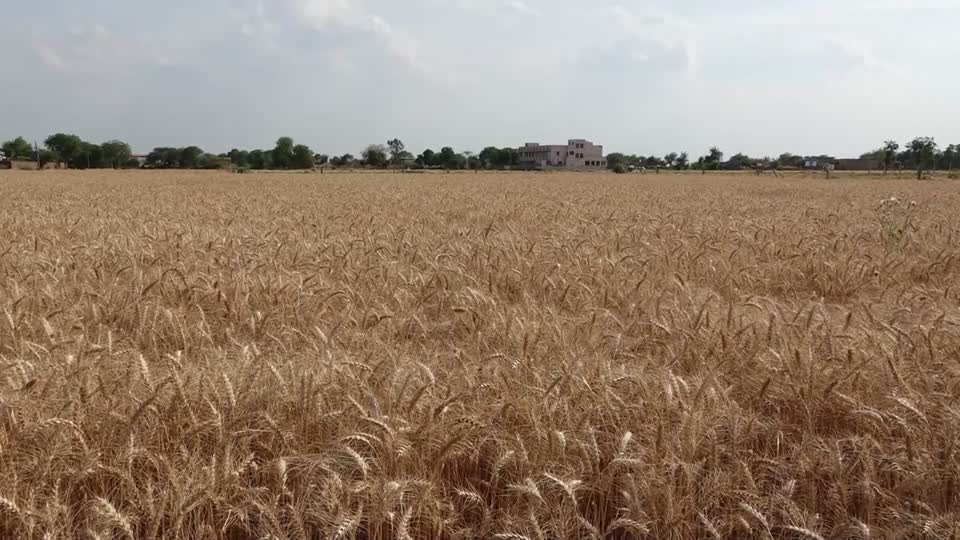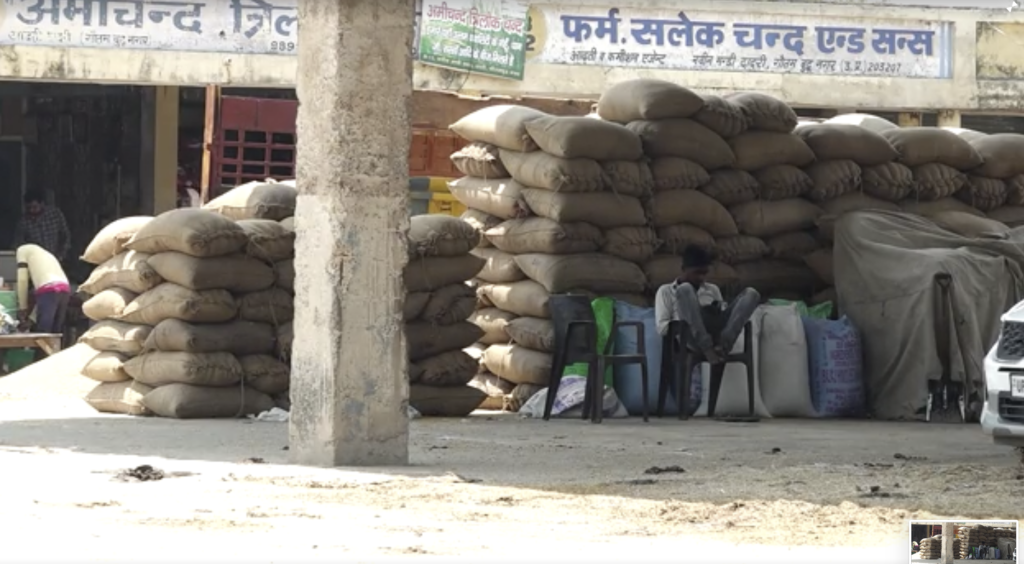Indian media, including The Economic Times, reported on the 1st (local time), citing a press briefing by Anurag Thakur, Minister of Public Affairs and Broadcasting of the Central Government, on the 31st of last month.Thakur said in a briefing that the government has approved a plan to spend 1 trillion rupees over the next five years to increase grain storage capacity by 70 million tons from the current 145 million tons to 215 million tons.

To this end, a warehouse capable of storing 2,000 tons of grain will be built in each unit area of the agricultural cooperative sector.
The government will also launch a committee composed of ministers and vice ministers from related departments to efficiently implement the plan. The committee is chaired by Amit Shah, Minister of Housing and Cooperation of the Central Government, and will be joined by departments related to agriculture, food, public allocation, and food processing.

Thakur called the plan the “world’s largest food storage program” and explained that increasing grain storage facilities as planned would reduce crop damage caused by shortages and allow farmers to sell grains at better prices.
He added that farmers in the past had no choice but to be satisfied with low prices as they rushed to sell harvested grains due to the often volatile climate.
Indian farmers hold a protest in the city of Amritsar, Punjab province, in the northwestern part of the country, demanding irrigation water from the state government on May 29, 2023.

He also expected that the plan would enhance India’s food security capabilities, reduce its dependence on imports and create employment opportunities in rural areas.In addition, it said that there will be a “win-win effect” on agricultural cooperatives, farmers and consumers, especially farmers, who can not only store their products in warehouses but also receive up to 70% of loans from cooperatives.There are currently about 65,000 agricultural cooperatives in India. India produces about 310 million tons of edible grains every year, but current warehouse facilities can only store up to 47% of the crop, according to media.Thakur said transportation costs caused by a shortage of grain storage facilities could also be greatly reduced, adding that warehouse facilities could also serve as grain procurement centers and grain processing facilities.
KS CHOI
US ASIA JOURNAL



